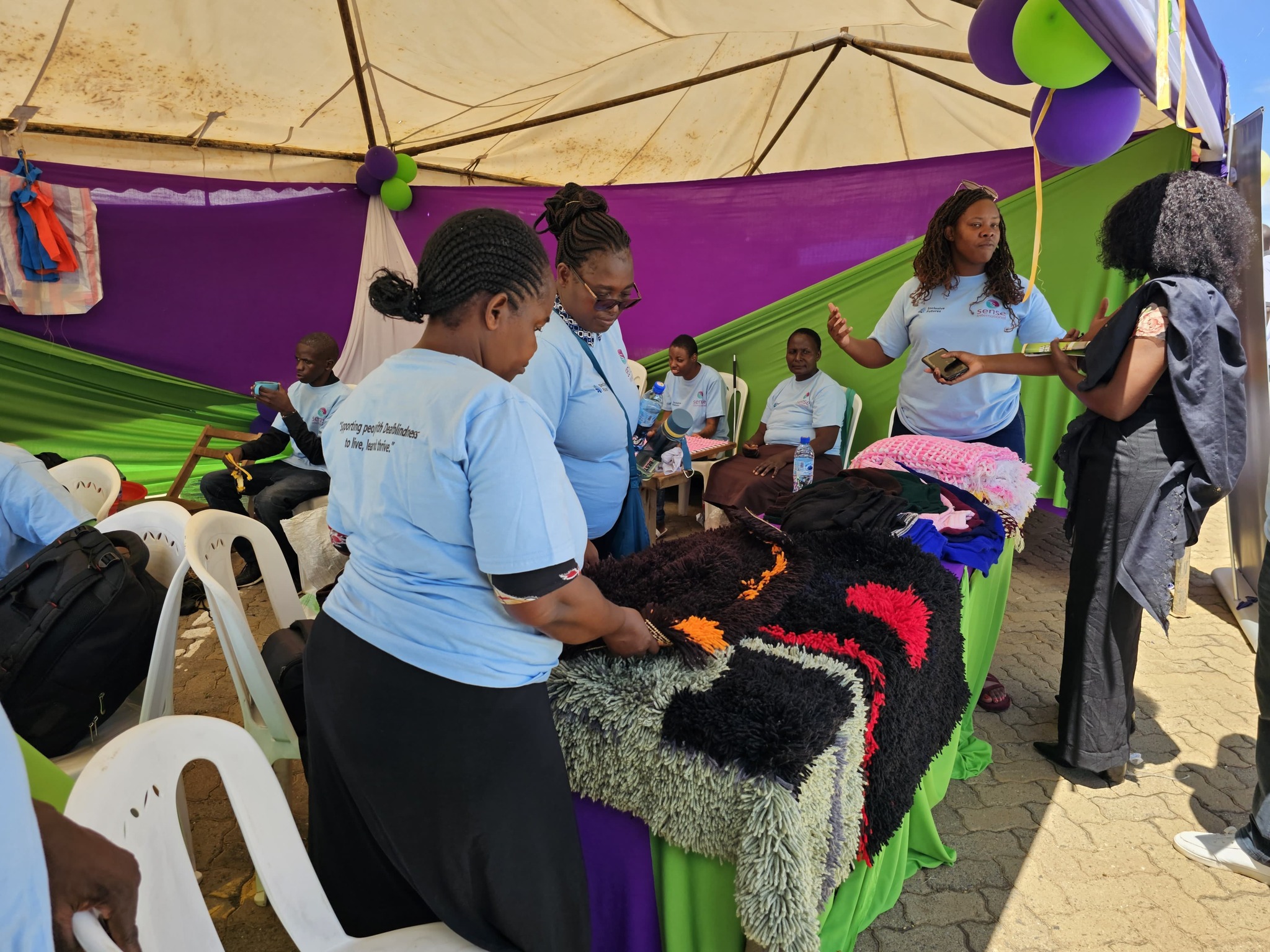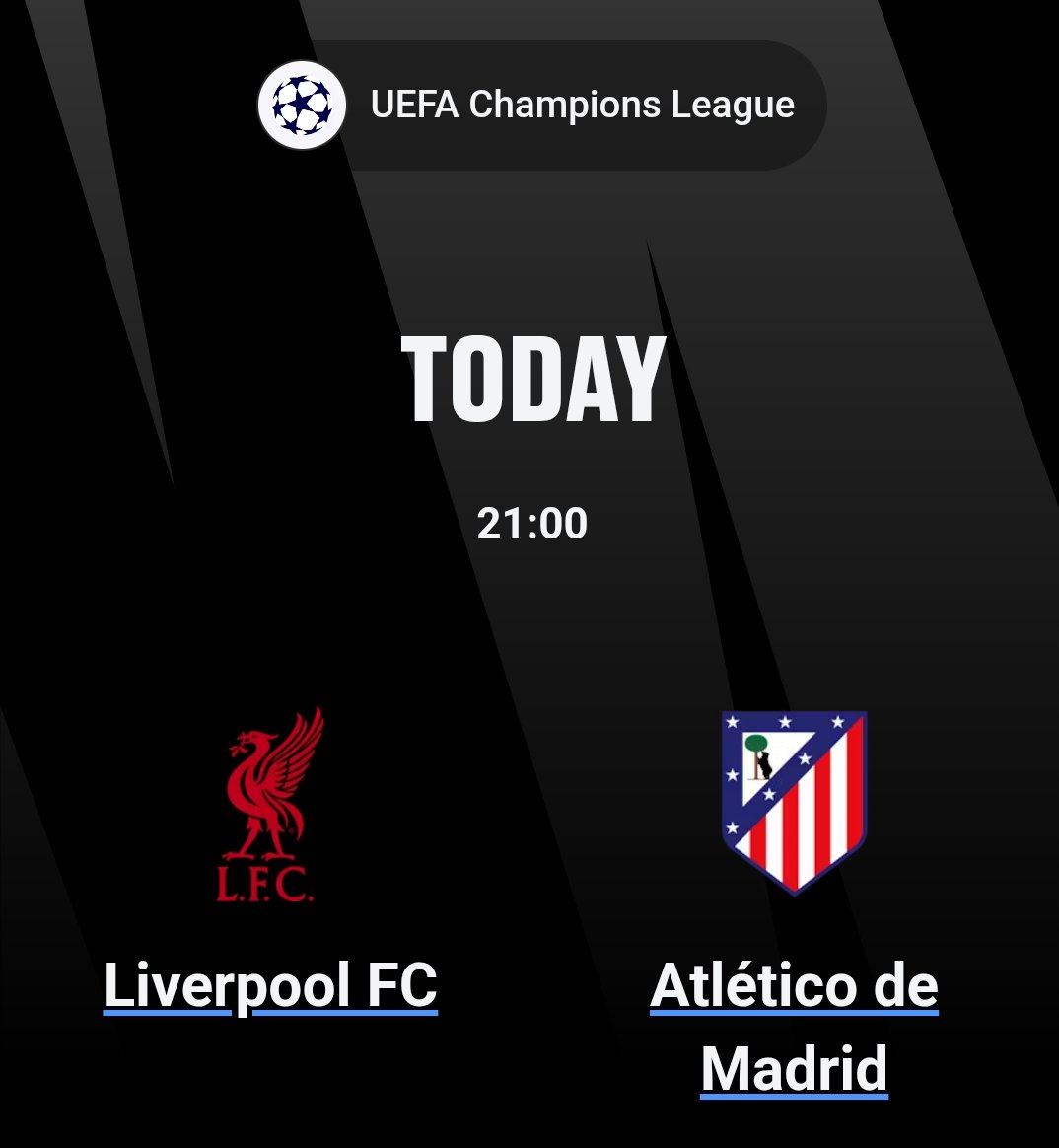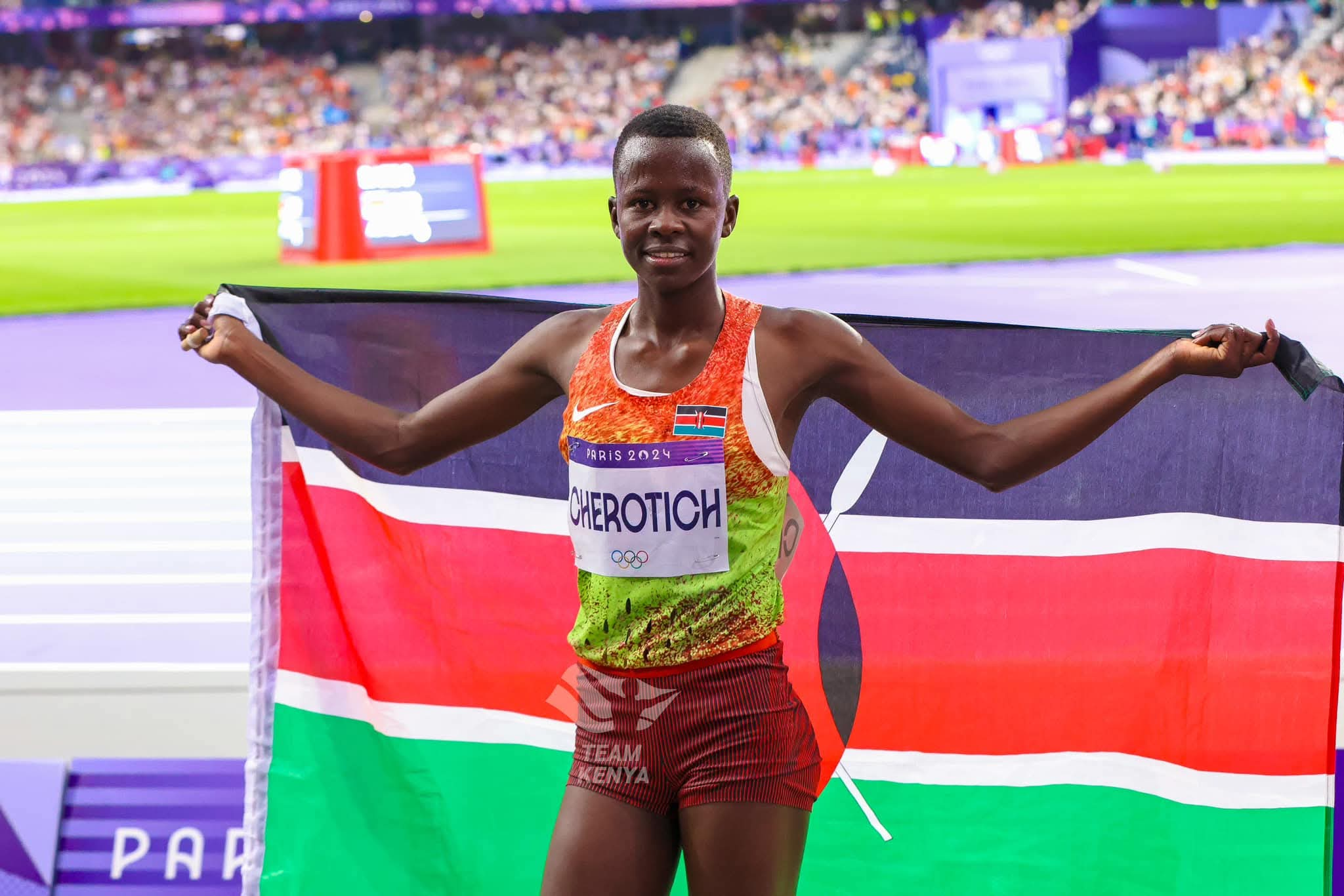Supporting The Deafblind Cope With Life

By Moses Wekesa (KNA)
A Non-Governmental Organization(NGO), Sense International Kenya, is helping people with Deafblindness to run small businesses in order to cope with life.
The Organization’s Programme officer Faith Nyaboke said Deaf blindness is a complex disability with high dependency levels on their families as they cannot see and hear.
She said most of the Deafblind use touch, smell, sniffing, and testing things to explore their environment in order to understand what is before them.
As a result, she said families with people who are Deafblind face a lot of challenges to take care of them since they also need to be trained on toileting, dressing, orientation, and how to navigate their environment.
“The basic things that you and I learn naturally, for them it has to be trained,” she added.
The complexity of the disability also makes it challenging for the Deafblind to go through the regular school curriculum as Sense International trains them on basic skills and then enrolls them to learn a trade skill through the Technical Vocational Education Training (TVET).
In Kakamega, the organization has identified 6 persons with Deafblindness who have been trained to be micro-entrepreneurs.
Of the six, one has mastered a skill in Shiatsu Massage despite being Deafblind, another is a cobbler, one of them was supported to open a stationery business while another one makes carpets and woven fabrics.
The organization also trains them on poultry keeping, farming, carpentry, and mostly things that are tactual and touch-based.
“In most cases, you will find that they sell within their homestead because as you see, these are Deafblind, they can’t see, they can’t hear or they have minimal hearing or minimal visual, so going to a market place they will always need someone to support them, so in most cases you will find that it is the caregiver who does the business together with them,” she added.
In the whole country, Sense Is supporting 36 people with Deafblindness to access education and set up businesses as micro-entrepreneurs.
“Through that, we also link them up with public and private institutions to give them marketing opportunities either through them being their customers or their suppliers,” she noted.
They however still face challenges of low sales due to discrimination as Nyaboke says some people do not believe that they are working or producing products by themselves.
“They also face a challenge of lack of a lot of learning and advocacy where they do not expose themselves or put themselves in a market front that gives them a competitive edge. Language barriers where the customers may fail to understand their communication methodology is also a big challenge leading to low sales,” she added.
Most of the time, she says they will be accompanied by a caregiver.
She advised society to understand that the community has people with disabilities and to be appreciative of their efforts while asking relevant authorities to create a market opportunity that is very sensitive to persons with disabilities.
“We have very big companies and organizations who probably will be selling similar commodities at a cheaper price and you will find some of the Deaf-blind selling at a higher price. We are looking at the time and the effort that has gone in place to train this person and for them to produce the products or to offer a service,” She added.
Tags: Deafblind Tvet Sense International Kenya Editor's Pick
Related
Share this article
Experienced and versatile writer, dedicated to using my exceptional writing and editing skills to inform and advocate. My work focuses on educating and entertaining readers on a range of topics, with a particular expertise in matters of disability.
View articles

